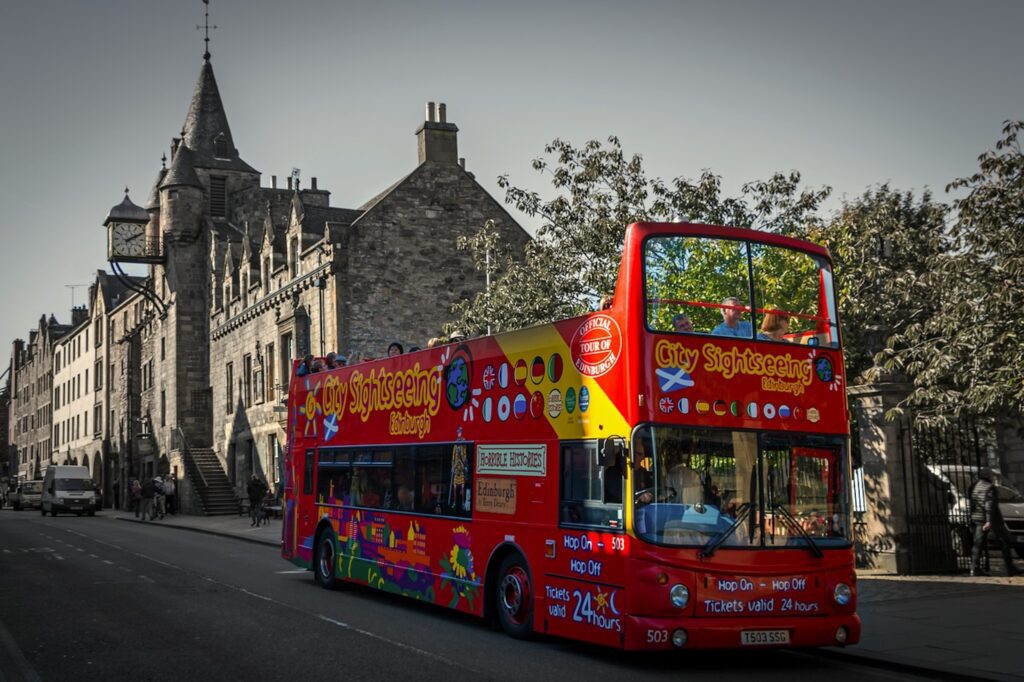
[ad_1]

Skift Take
Today’s podcast looks at airports’ tech tune-ups, Quantas’ all-new aircraft, and Scotland’s first tourist tax.
Rashaad Jorden
Good morning from Skift. It’s Friday, August 30, and here’s what you need to know about the business of travel today.
Listen Now
🎧 Subscribe
Apple Podcasts | Spotify | YouTube | RSS
Episode Notes
Airports worldwide are investing large amounts in tech upgrades for a projected huge increase in passenger traffic. Travel Technology Reporter Justin Dawes profiles five U.S. airports making upgrades.
JFK Airport shared plans earlier this year for its new terminal 6, which will include digital concierge services as well as a self check-in and bag drop. The airport said its new terminal 1 would feature a state-of-the-art baggage handling system. San Francisco International Airport has started working on a $2.6 billion project to modernize terminal 3, which will include automated bag drop stations and new security checkpoints.
And Pittsburgh International Airport is building a new terminal with more streamlined ticketing stations and baggage claim systems.
Next, Qantas unveiled details about its all-new aircraft on Thursday. Airlines Editor Gordon Smith takes a look at the Airbus A321XLR, which the Australian carrier will start receiving next April.
Qantas says the aircraft — which Airbus has coined the “XLR” or “Xtra Long Range” — will open up direct domestic and short-haul international routes. It’s a direct replacement for Qantas’ existing Boeing 737s, which are due to leave the carrier’s fleet over the next decade. The XLR can fly around 1,500 nautical miles further than the outgoing 737s.
Finally, Edinburgh’s city council recently approved a proposal to levy Scotland’s first tourist tax. Local officials are worried the tax could make the city less competitive, writes Global Tourism Reporter Dawit Habtemariam.
The “Transient Visitor Levy” will charge guests staying at paid accommodations in Edinburgh 5% per room night. Capped at seven consecutive days, the tax will go into effect in 2026. Edinburgh officials will use the funds for affordable housing, infrastructure and destination management, among other areas.
Habtemariam notes some tourism businesses are concerned the new tax will make the Scottish capital more expensive for tourists. Marc Crothall, chief executive of the Scottish Tourism Alliance, described Edinburgh’s new tax as a contentious matter, citing concerns about the possible impact on future bookings.
[ad_2]